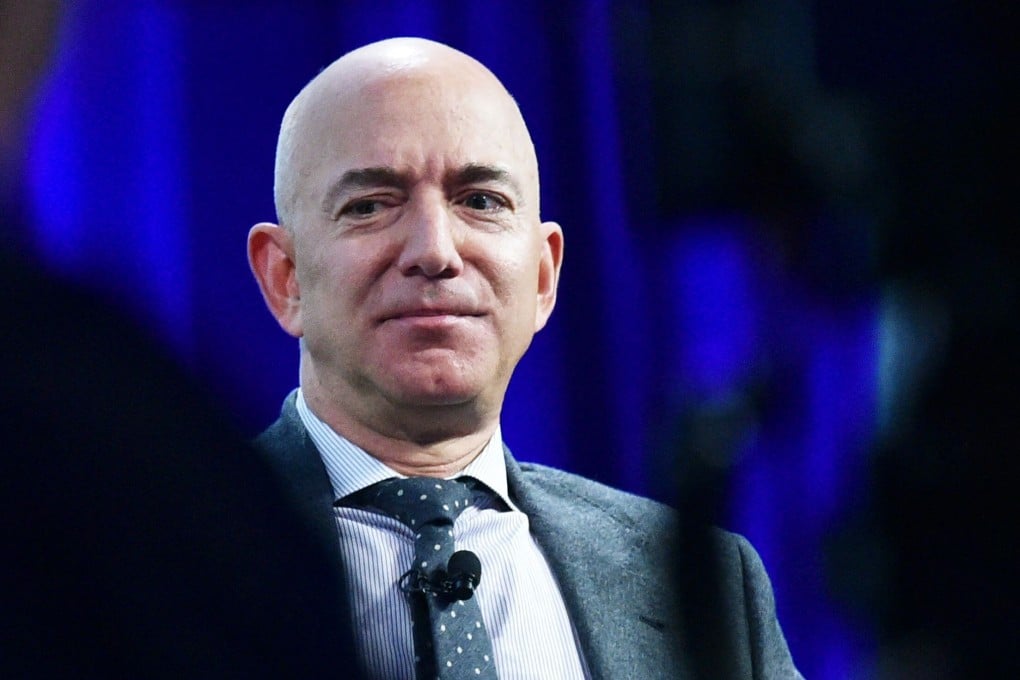Advertisement
Jeff Bezos isn’t the only billionaire eyeing Indonesia’s US$44 billion digital economy
- The Amazon founder is funding Indonesian start-up Ula, a business-to-business logistics marketplace for small retailers
- His investment comes amid a flurry of interest in the country, which has also drawn in Japan’s Masayoshi Son and Hong Kong business magnate Li Ka-shing’s Horizons Ventures
Reading Time:4 minutes
Why you can trust SCMP

Resty Woro Yuniarin Jakarta
American billionaire Jeff Bezos – recently toppled as the world’s richest man by rival tech tycoon Elon Musk – is betting on the future of Southeast Asian e-commerce with his investment in 18-month-old Indonesian start-up Ula.
Through his family office, Bezos Expeditions, the world’s second richest man took part in a US$87 million Series B funding round led by Prosus Ventures, Tencent and B-Capital for the Jakarta-based e-commerce company, just eight months after it had raised US$20 million in a Series A round.
The size of Bezos’ investment in Ula was not disclosed, but he is not the only billionaire eyeing a slice of Indonesia’s US$44 billion digital economy.
Hong Kong business magnate Li Ka-shing’s private investment firm, Horizons Ventures, said in May that it would pivot its focus from North America, Europe and Israel to Southeast Asia – and Indonesia in particular – after witnessing the rapid pace of digitalisation in the region amid the Covid-19 pandemic.
Advertisement
Last year, an estimated 40 million people in Southeast Asia went online for the first time, bringing the total number of internet users in the region to some 400 million – out of a population of more than 600 million – according to a joint study by Google, Temasek and Bain & Co.
Musk, the CEO and co-founder of carmaker Tesla among other ventures, has also been linked to new investments in the region, with an Indonesian official claiming in February that Tesla had submitted a proposal to build a new facility in the country.
Advertisement
Last year, Indonesian President Joko Widodo personally called Musk to discuss the electric vehicle industry and offer a spot in Indonesia’s remote Papua region as a potential launch site for the tech tycoon’s aerospace company SpaceX.
Advertisement
Select Voice
Select Speed
1.00x